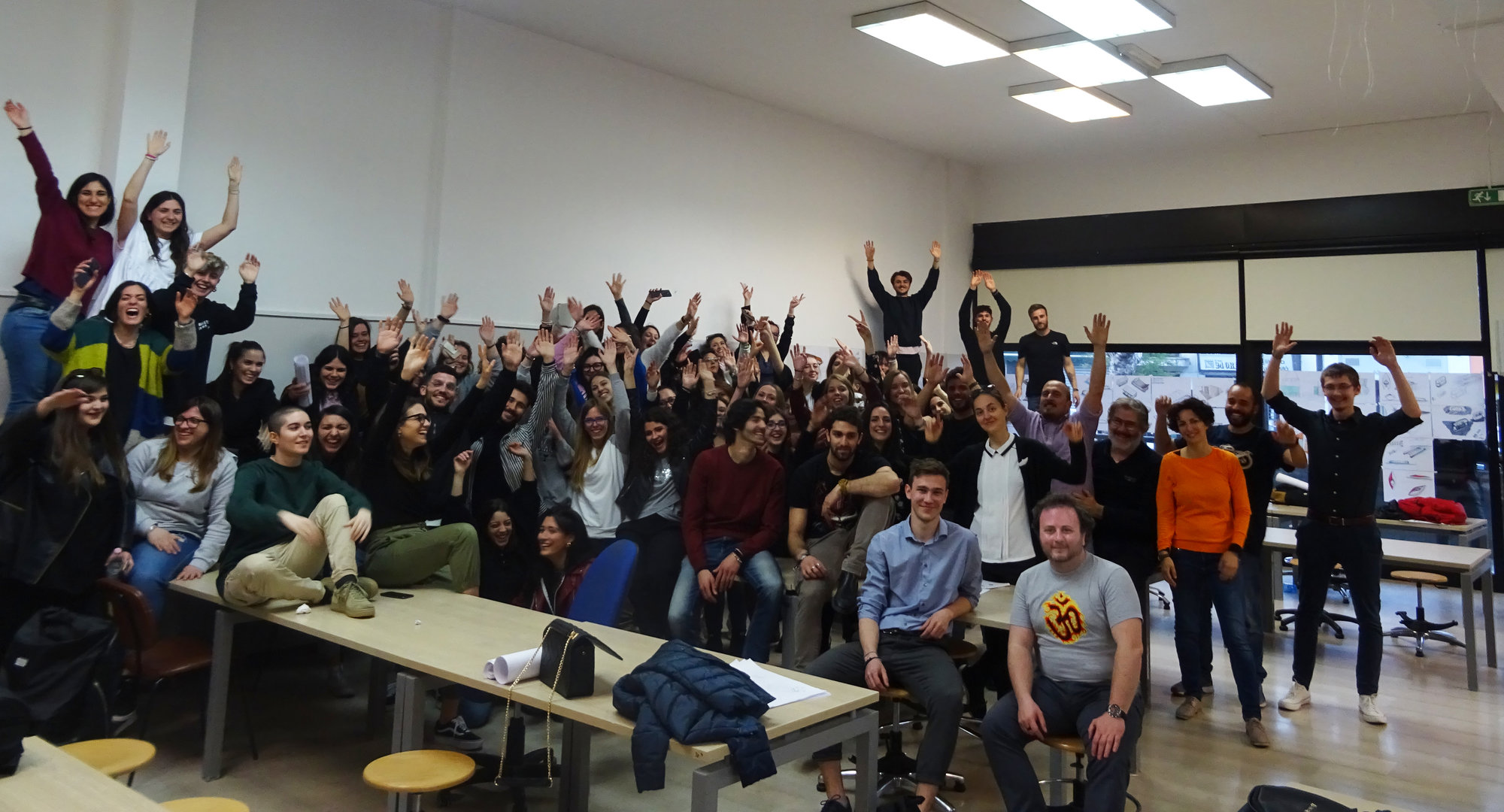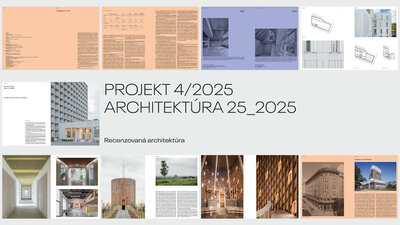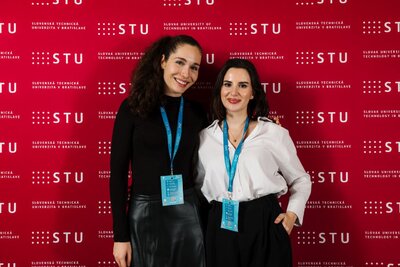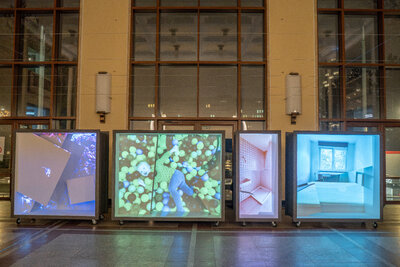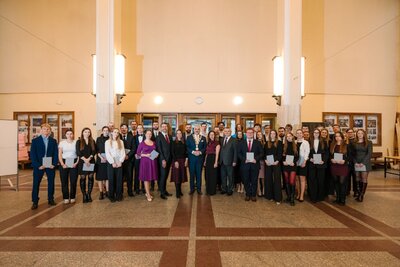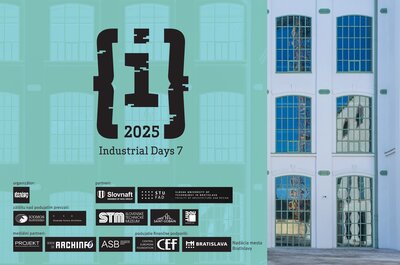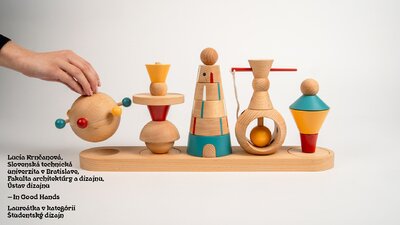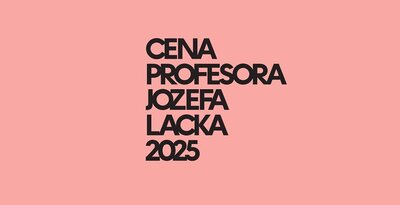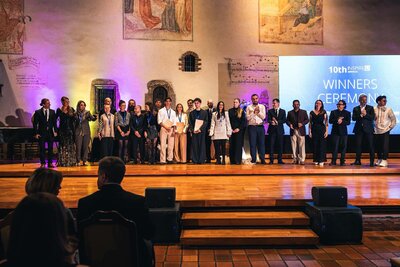InDeSIS, 2024-2025
Innovation Design for Social Inclusion and Sustainability - Design Summer School, UdA’s ERASMUS+ BIP
- “Gabriele D’Annunzio” University of Chieti-Pescara, Italy (UdA, Lead, Academic Partner)
- Slovak University of Technology in Bratislava, Slovakia (STU, Academic Partner)
- University of Minho, Portugal (UMINHO, Academic Partner)
- University of Applied Sciences Berlin, Germany (HTW, Academic Partner)
- University of Lincoln, United Kingdom (UoL, Academic Partner)
- University of Oviedo, Spain (UNIOVI, Academic Partner)
- University of Skövde, Sweden (HiS, Academic Partner
Under the Erasmus+ BIP initiatives, UdA proposes to implement and host the InDeSIS Design Summer School 2025 – Innovation Design for Social Inclusion and Sustainability – for the academic year 2024/2025. The InDeSIS Design Summer School involves six European Higher Education Institutions (HEIs), as well as local companies and organizations, and offers students the opportunity to gain high-quality training and skills in emerging design and research topics that are considered relevant today, such as Design for Inclusion (DfSI) and Design for Sustainability (DfS). The general cultural framework proposed for the InDeSIS Design Summer School is consistent with the recent trends of Design studies focused on social and environmental issues and aims to equip learners with new professional and cultural skills. At the InDeSIS Design Summer School, students will be tasked with designing an intelligent solution that demonstrates high quality in terms of human-centered design, digital communication, and manufacturing. Both product- and communication-oriented teaching contents will be offered to students through online sessions held by international academics that will provide a solid baseline of information useful for studio activities. Preliminary research stages will serve as the foundation for an empathetic approach to creating a wide range of solutions that are both sustainable and socially inclusive. Innovative products for health, creative communication solutions for emerging and developing countries, enabling digital artefacts to combat inequalities, etc. are just some of the potential outcomes that students can develop.

